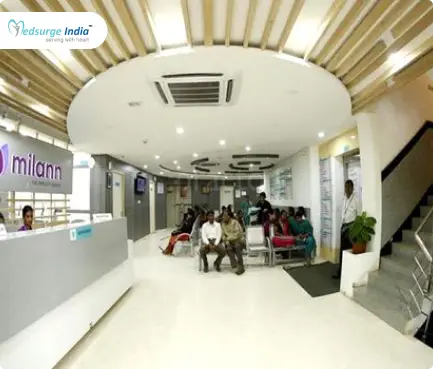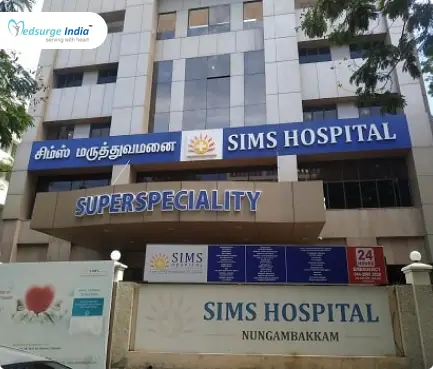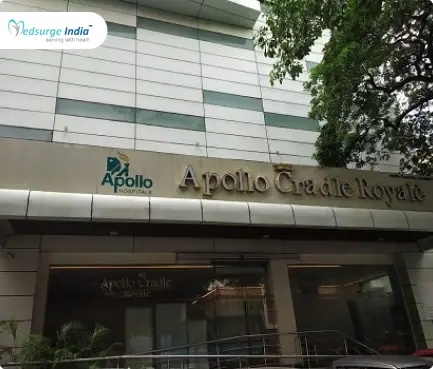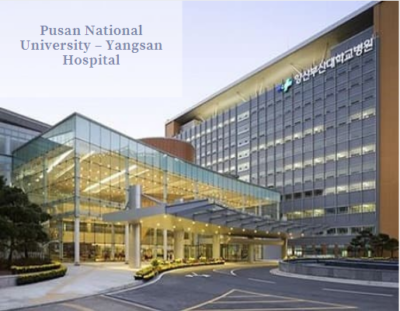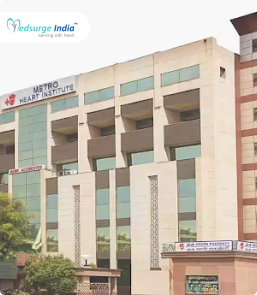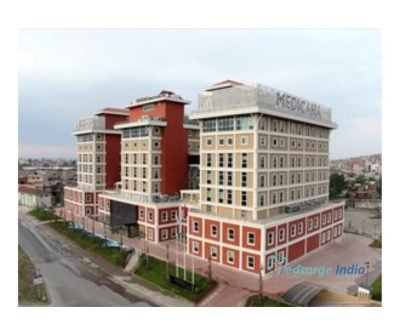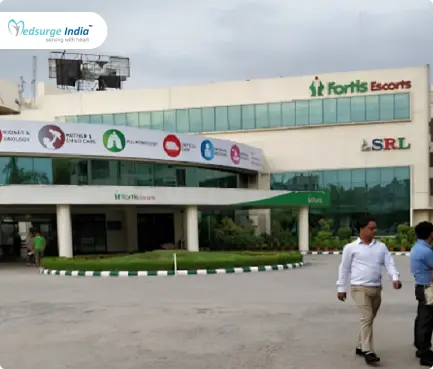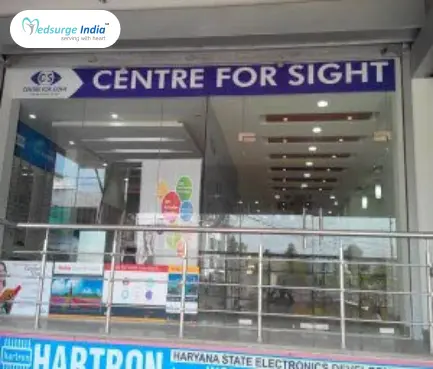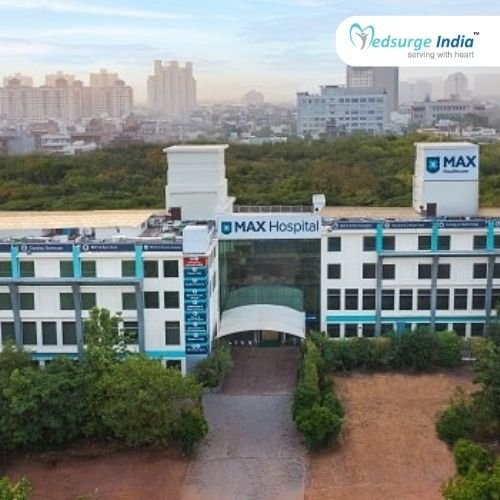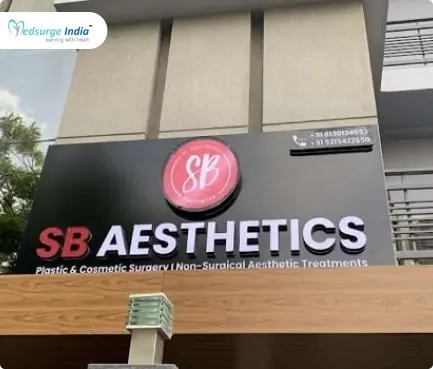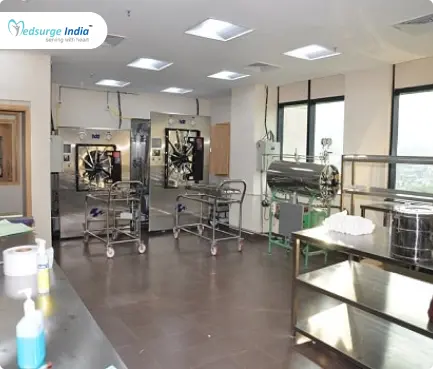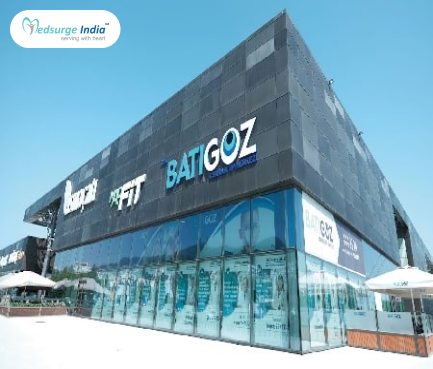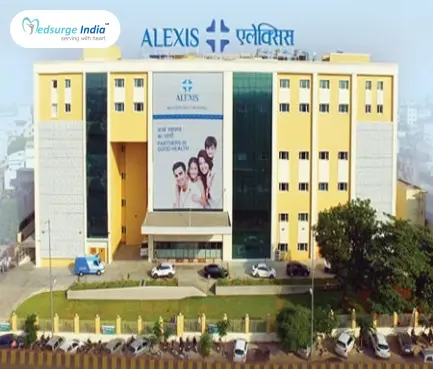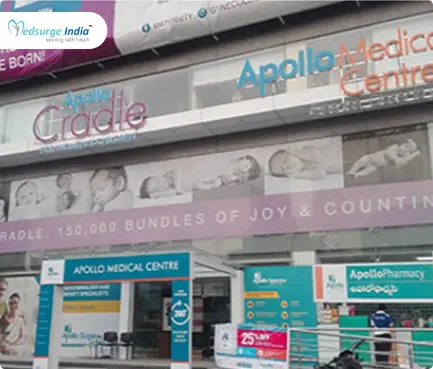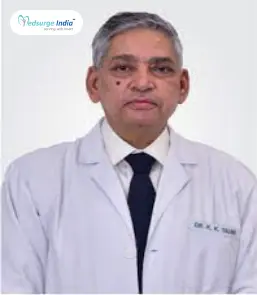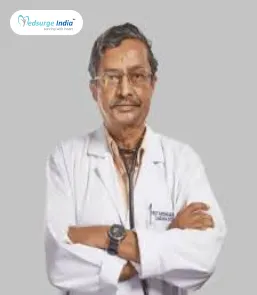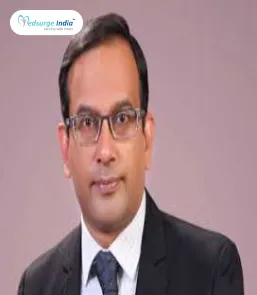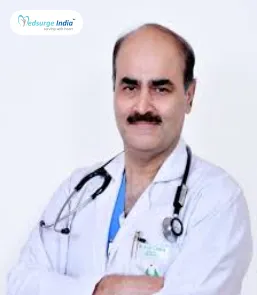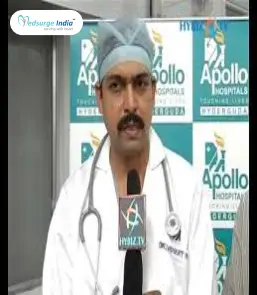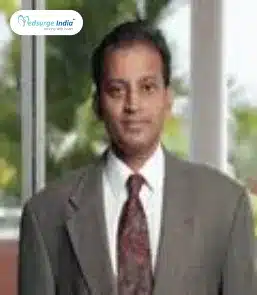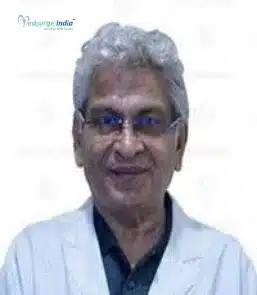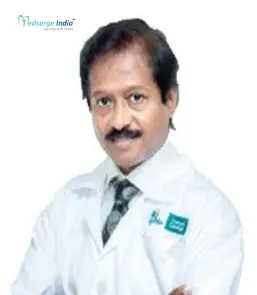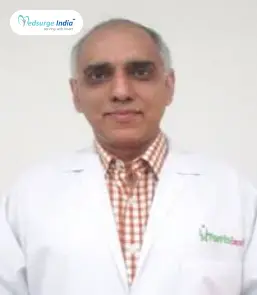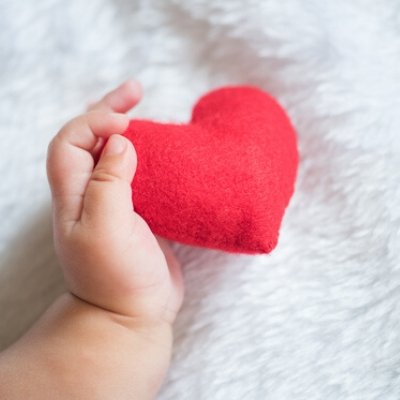
Congenital heart defects are troubles with the construction of the heart, which can be present at the time of birth. These flaws mostly alter the regular flow of blood through your center. The blood circulation may slow down, go in the wrong direction or into the incorrect location, or be blocked entirely.
These flaws can involve:
- Interior walls of the heart
- Valves Within the center
- Arteries and veins carry blood into the heart or the entire body
Symptoms for Detecting Congenital Heart Disorders
Many congenital heart disorders cause no or few symptoms and signs. Some of these symptoms and signs of acute defects in new-borns contain:
- Rapid breathing
- Fatigue
- Cyanosis: Bluish tint to the skin, lips, and fingernails
- Poor blood circulation
Medical Test/Diagnosis for Congenital Heart Disorder Treatment
If the physician suspects a CHD, afterward a general physical examination is finished. In this the doctor
- Listen to the child’s lungs and heart with the Assistance of a stethoscope
- Look for signs of a heart defect, such as cyanosis (a bluish tint to skin, lips, or fingernails)
- Looks for any shortness of breath, rapid breathing, delayed growth, or even signs of heart failure
After the physical exam is done, the following Analyses are performed:
- EKG (Electrocardiogram)
- Fetal echocardiogram
- Echocardiogram
- Chest X-Ray
- Pulse oximetry
- Cardiac catheterization
Treatment for Congenital Heart Disorder
The majority of the children suffering from congenital heart defects do not require therapy, but some might. The therapy will depend on the kind and seriousness of the heart defect. Other variables are child age, size, and basic wellbeing. The common procedures done to deal with CHD are:
- Catheter procedures
- Surgery
Get Free Cost Estimation
Procedure
Catheter processes are largely considerably easier on patients than operations. CHD can be fixed using the catheterization techniques, which permit the fix to be done with no surgical introduction of the torso and heart. This process involves using only a needle. A puncture is made from the skin where the catheter (thin, flexible tube) is inserted into a vein or an artery.
When the catheter is placed in the website of the flaw, miniature tools have been threaded through the catheter into the heart to fix the flaw. Catheter processes can often be employed to repair holes or regions of narrowing.
Surgery for Congenital Heart Disorder
A young child may need an open-heart operation if her or his heart defect cannot be repaired to be that the catheter procedure. Sometimes one operation isn’t sufficient to fix the defect entirely. If so, the child might need more surgeries within years or months to correct the issue completely.
Open-Heart surgery is performed to:
- Close the holes in the heart wall, with stitches or a patch
- Repair or replace heart valves
- Widen the arteries or openings to heart valves
- Repair complex defects, such as problems with the location of blood vessels near the heart or how they are formed.
Procedure
- Surgery necessitates stopping the heart briefly and utilizing a heart-lung system to circulate blood flow through the body during the operation.
- Open heart surgery: In this procedure, the surgeon should open the torso.
- Minimally invasive surgery: Surgeons make small tiny holes in the chest wall and can operate via the ribs
The surgical procedures are all important medical processes and might need a substantial recovery period for the child.
Heart Transplant
If a severe heart defect cannot be fixed through the surgical process, then a heart transplant could be indicated.
Medications for Congenital Heart Disorder
If moderate congenital heart defects are found, especially the ones that are located later in childhood or maturity, then they may be treated with drugs. This will help the heart function better. There are instances when congenital heart defects cannot be managed on or cannot be fully repaired. In such instances, medication may be an alternative.
Factors Affecting the Treatment Cost of Congenital Heart Disorder
Following are the factors which will affect the treatment cost:
- The hospital patient is opting for.
- Room –Standard single room, deluxe room, super deluxe room for the number of nights specified (including nursing fee, meals, room rate, and room service).
- Operating room, ICU
- Fee for the team of doctors (Surgeons, Anesthetist, Physiotherapist, Dietician )
- Medicines
- Standard test and diagnostic procedures
- Cost of valve or cost of heart transplant
- The cost of the follow–up care which is required after the procedure.
Reach out to our experts for the best and most affordable Congenital Heart Disorders CHD treatment cost in India.
The Most Important Frequently Asked Questions
Q.How common are CHD?
A: CHDs are the most common birth defects. They mostly happen in nearly 1 percent of births. Many kinds of CHD aren’t severe and don’t need any treatment.
Q: What are the consequences of CHD?
A. It’s been recorded that just about 25 percent of children born with CHD require surgery to fix their center. Advancement from the diagnosis and therapy have made it potential for over 85 percent of infants born with a CHD to live to at least 18 decades old.
Q: What are the common types of CHD?
A: There are a variety of varieties of pediatric heart defects within children and this has the potential to be present right from arrival or it may occur in the future. The principal kind of flaws is septal defects and valve defects.
Q: What is the recovery time after the CHD Surgery?
A: The surgical procedures are all important medical processes and they demand a substantial recovery period and a great deal of care following the procedure.
Top Hospitals for Congenital Heart Disorders CHD Treatment in India
Top Doctors for Cardiology And Cardiac Surgery
Dr. Ramji Mehrotra
Director
Experience: 26 years of experience
BLK Super Speciality Hospital, New Delhi
New Delhi, India
Dr. K.K.Talwar
Chairman
Experience: 41 years of experience
Pushpawati Singhania Research Institute (PSRI), New Delhi
NewDelhi, India
Dr. Yogesh Shukla
Senior Consultant
Experience: 14+ years of experience
Family Care Hospital, Mira bhayandar
Mira bhayandar, India
Dr. Arun V
Consultant
Experience: 10 years of experience
Manipal Hospital Sarjapur Road, Bengaluru
Bangalore, India
Dr. Dhananjay Kumar
Senior Consultant
Experience: 22 years of experience
Fortis Escorts Hospital New Delhi
New Delhi, India
Dr. Sumit Mohan Dheer
Senior Consultant
Experience: 29+ years of experience
Narayana Multispeciality Hospital, Rakhial, Ahmedabad
Ahmedabad, India
Dr. Kailash A Jain
Senior Consultant DNB, MS, MBBS
Experience: 16 years of experience
Chennai, India
Dr. Manoj Kumar
Associate Director
Experience: 19 years of experience
Max Super Speciality Hospital, Patparganj, New Delhi
New Delhi, India
Dr. Niranjan K Reddy
Experience: 21+ years of experience
RL Jalappa Narayana Heart Centre, Tamaka, Kolar
Kolar, India
Dr. Arun Kumar Chopra
Director
Experience: 26 years of experience
Fortis Escorts Hospital, Amritsar
Amritsar, India
Dr. P V Rao
Senior Consultant
Experience: 35 years of experience
Apollo Hospitals, Greams Road, Chennai
Chennai, India
Dr. Ashok Khera
Principal Consultant
Experience: 19 years of experience
Fortis Escorts Hospital New Delhi
New Delhi, India
Dr. Viney Jetley
Director
Experience: 27 years of experience
Fortis Escorts Hospital New Delhi
New Delhi, India

